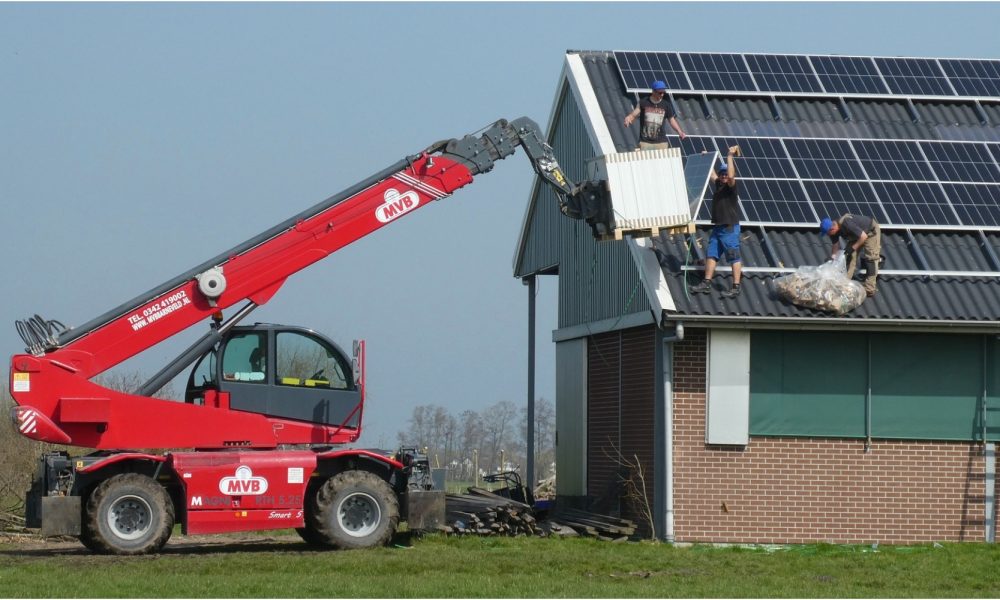
Here’s How You Can Take Out A Solar Loan To Switch To Alternative Energy

Do you live in an area that gets exposed to the sun all year-round? If yes, installing solar panels can do wonders for you as they help utilize the sun’s energy to create electricity. This way, you can cut down your dependence on conventional utilities. Aside from minimizing the energy costs at your home, you can contribute towards the betterment of your environment as well. The price of solar panels is on the higher side. The cost of installation lies in the range of $10,000 to $35,000. However, you can avail solar loans so that you can access your home’s residential systems more easily. Here is a detailed explanation of how solar loans can help you handle the initial investment more efficiently.
Basics of Solar Loans
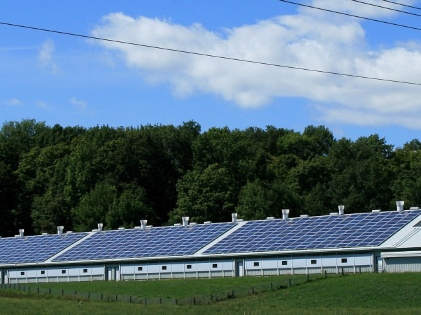 You first need to understand how solar loans work. Just like you would make use of a home improvement loan or any kind of purchase loan, a solar loan would work the same way. Through solar loans, you can purchase a residential solar system and gradually pay the money off. You can choose from a host of solar loan options. You can either choose an unsecured personal loan, avail a line of credit or a home equity loan, or secure in-house financing from a solar installation company.
You first need to understand how solar loans work. Just like you would make use of a home improvement loan or any kind of purchase loan, a solar loan would work the same way. Through solar loans, you can purchase a residential solar system and gradually pay the money off. You can choose from a host of solar loan options. You can either choose an unsecured personal loan, avail a line of credit or a home equity loan, or secure in-house financing from a solar installation company.
You have to keep certain things in mind before you proceed. If you get a lower rate of interest, the overall cost will come down. Next, if the loan term is shorter, you will have to pay a higher amount every month. However, the overall cost will be lower. Before taking a loan, you need to consider the rate of interest, loan amount, term length, as well as credit requirements, et al. Homeowners who take up a loan to purchase solar energy systems, can also consider a federal solar tax credit. You will be receiving a credit of 26% of the total cost of installing a solar system at your home.
How to Seek the Best Solar Loan
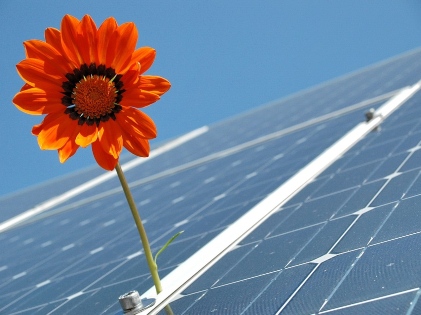 You need to take into account some essential factors before you avail a loan. These factors will play a major role when it’s time to pay off the money. First, the monthly payment amount. In case you opt for a higher installment, you will have to pay a higher payment every month. While it will keep the overall cost low, you must consider the impact this will have on the budget you have kept aside to run your household. Second, down payment. You might or might not be asked to make a down payment when you are purchasing a solar panel.
You need to take into account some essential factors before you avail a loan. These factors will play a major role when it’s time to pay off the money. First, the monthly payment amount. In case you opt for a higher installment, you will have to pay a higher payment every month. While it will keep the overall cost low, you must consider the impact this will have on the budget you have kept aside to run your household. Second, down payment. You might or might not be asked to make a down payment when you are purchasing a solar panel.
But that depends on the type of loan you would select. Usually, when the down payments are larger, the interest rates are lower, thereby making the loan more affordable for you. Third, fees. If you are not well-informed about the fees, something or the other, such as prepayment penalties or extra fees every month aside from the interests and the principal amount, might surprise you and unsettle your monthly budget. So, make sure you have all the information beforehand.
What is the Difference Between Secured Loans and Unsecured Loans?
 Secured loans generally have some collateral attached to them. The collateral offers protection to the lender. If somehow you are not able to make the payments regularly, the lender will have the right to claim the collateral that has been attached to your loan. Since the lender has this insurance, secured loans come with lower rates of interest. In addition to that, the terms will be in your favor. On the other hand, unsecured loans have no collateral attached to them. The risk for the lender is more. Therefore, the terms are not as favorable as in the case of secured loans. The rates of interest are also higher.
Secured loans generally have some collateral attached to them. The collateral offers protection to the lender. If somehow you are not able to make the payments regularly, the lender will have the right to claim the collateral that has been attached to your loan. Since the lender has this insurance, secured loans come with lower rates of interest. In addition to that, the terms will be in your favor. On the other hand, unsecured loans have no collateral attached to them. The risk for the lender is more. Therefore, the terms are not as favorable as in the case of secured loans. The rates of interest are also higher.
Where Can You Get a Solar Loan?
Suppose your state doesn’t have any program related to solar energy loans or you don’t have the eligibility for enrolment. What should do you do in that case? Check with various lending institutions, credit unions, or opt for in-house financing. However, it’s always better if you shop around and compare the different interest rates before choosing a solar lender. Always pick one that you think is perfect for you and your budget.
If you are a homeowner and have plans to go solar, you can also check with PACE or Property Assessed Clean Energy loan programs.
More in Loans & Mortgages
-
`
Curious About Travis Kelce’s Net Worth? Here’s the Scoop!
Travis Kelce’s name echoes through NFL stadiums, synonymous with athletic prowess and electrifying plays. But beyond his touchdown celebrations and record-breaking...
June 10, 2024 -
`
Everything You Need to Know About an Assumable Mortgage
What is an Assumable Mortgage? Whether you are a buyer or a seller, understanding the concept of assumable mortgages can open...
June 6, 2024 -
`
Layoff vs. Fired – Understanding the Crucial Differences
When it comes to job loss, understanding the distinction between being layoff vs. fired is crucial. While both situations result in...
May 30, 2024 -
`
When Are Business Taxes Due 2024? Essential Dates and Deadlines
Tax deadlines can be daunting, but fear not! Let’s break down everything you need to know to stay on top of...
May 22, 2024 -
`
How Much Does Jeff Bezos Make Per Hour? It’s More Than You Think!
Jeff Bezos, a name synonymous with innovation and wealth, stands as one of the world’s richest individuals. While Bernard Arnault and...
May 16, 2024 -
`
What is Portfolio Investment Entity (PIE) and How Can it Benefit You?
In the intricate world of finance, individuals seek avenues to optimize their investments while minimizing risks. One such avenue gaining traction...
May 9, 2024 -
`
What is a Bank Statement? Understanding its Definitions, Benefits, and Prerequisites
Ever wondered where your money goes? A bank statement is like a financial report card, giving you a clear picture of...
April 30, 2024 -
`
Branded Content: A Genuine Way to Connect With Your Audience
Have you ever binge-watched a series on Netflix, only to later realize that the beverage everyone’s sipping on is that brand...
April 23, 2024 -
`
What Car Does Jeff Bezos Drive? Find Out Inside His Exclusive $20 Million Collection
Have you ever wondered what car does Jeff Bezos drive? This man’s tastes in vehicles are as expansive as his business...
April 17, 2024


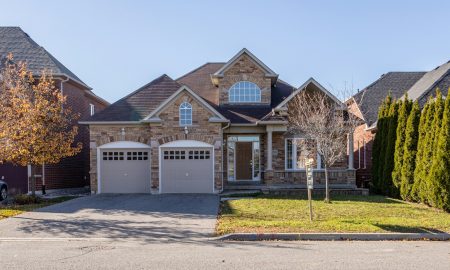

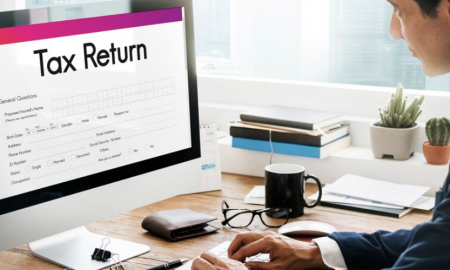
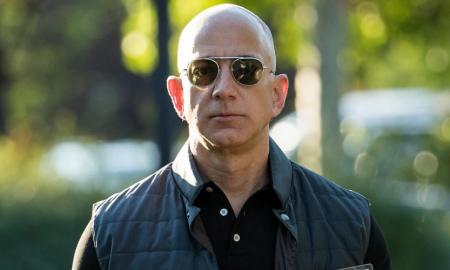
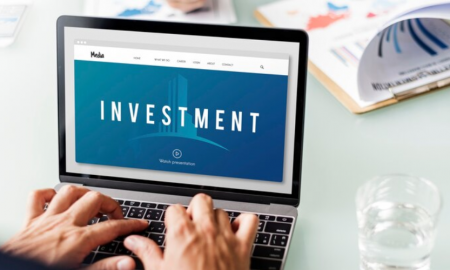
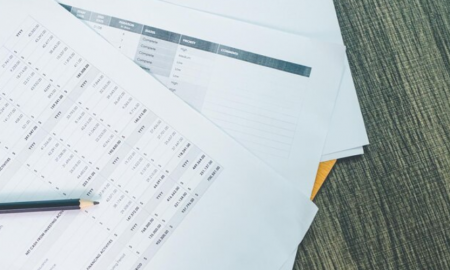


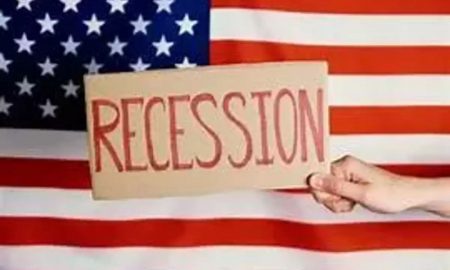




You must be logged in to post a comment Login